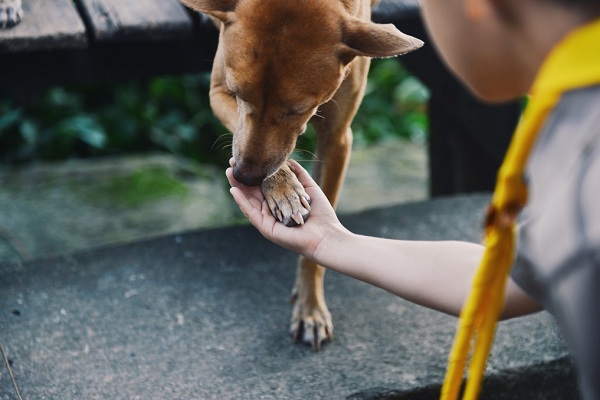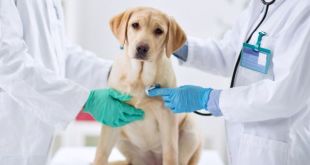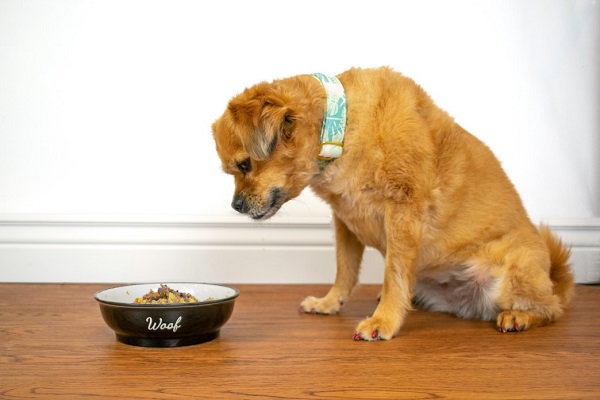It’s quite unfortunate if your dog is suffering from cancer. As the dogs become older and older, their chances of getting infected with cancer increase. According to the animal cancer institute, out of sixty-four million dogs, six to seven million suffer from this dreaded disease.
Since our canine companions are an integral part of our family, it makes us anxious and worried when they suffer from serious diseases. In a situation like this, we feel helpless and confused about what to do next. By the way, many of us consider cancer similar to the death sentence.
But the road is not that dark. Quite a few cancers are treatable and curable too. So, it is better to keep hope. Even though cancer is a significant cause of death for dogs above the age of ten, the good news is that fifty percent of the cancer is curable if they get diagnosed at an early stage.
These days, the veterinarians and support staffs are well-skilled in treating cancer. Most drugs on the market for cancer in dogs are similar to the ones available to treat human cancer. In the last decade, many drug companies have started developing animal-specific medicines for treatment to be accurate and effective.
Still, we need to educate ourselves to tackle this situation. Below are a few steps you should know regarding a dog’s cancer.
#1 Cancer is a common disease in dogs like human
Like humans, dogs also face immune system problems as they age. Then, they face the situation of developing cancer. Dogs can suffer from many types of cancers, among which leukemia and lymphoma are common. Majorly cancer develops in old dogs, but some specific breeds are more prone to this.
It’s better to join other groups of owners whose dogs suffer from cancer. Interaction with them will help you tackle the situation. Keep in mind that the online groups may not have mental health practitioners. If you need such support, it’s better to connect with a licensed psychiatrist.
#2 Be knowledgeable about your pet’s cancer type
Cancer results from the uncontrolled development of cell tissue. Depending on the type of cell developing, the name is designated by the medical fraternity. Various medical terms are used to mark the conditions of neoplasia, cancer, and malignancy. Different types of cancer behave differently.
Some can spread over the body while others in opposite body parts from their original developing area. It occurs due to the spread of the cancer cells through the blood to other organs. This process is referred to as metastasis.
#3 Look for various types of treatment options
Various types of treatment are available for the dogs. These processes are immunotherapy, chemotherapy, radiation or radiology, and even surgery. It differs from case to case. For some, a single treatment works. But for others, a combination of more effective and two or more therapy is required.
For therapies, you may need to admit the dog to a clinic. The reason behind this is to increase the accuracy of treatment. It may provide a better result for your pet.
#4 Find an animal oncologist
If your dog has been diagnosed with cancer, you may be confused with your available choice. Same as in the case of humans, you need a second opinion from a certified animal oncologist who helps you determine the course of treatment for which you can opt.
Read Also: 8 Excellent Ways to Keep Your Dog Healthy and Happy
#5 Be accustomed to the terminologies
The vet oncologist will analyze what’s happening inside your pet’s body. If you understand the medical terms, it will be easy to interpret the vet’s language of communication. It’s better to go through a small study regarding medical terms. It’s better to carry a notebook during your oncologist visit to note down the treatment process and future step quarries
#6 Know about the tumor testing process
To measure the damage of the cancerous cell, your veterinarian may ask for several tests. These may include a blood test, ultrasound, x-ray, tissue aspiration process, urinalysis, and biopsy. More specialized tests like nuclear scan, CT scan, the study of bone marrow, and immunology analysis may need to be performed.
After these tests, your vet will determine the course of the treatment to be done. Curing metastasized tumors is not an easy process. The therapy’s main objective is to reduce suffering.
#7 Regain quality of pet’s life
Cancer treatment mainly targets regaining your dog’s previous lifestyle by alleviating the pain and discomfort. When your dog misses daily activities like running and walking, it suffers. This therapy helps them gain a quality life with a prolonged life increased possibility.
#8 Be financially ready for the treatment of cancer
It is time for your pet insurance which prevents you from unwanted expenses from your pocket.
#9 Maintain a normal life
Maintain a daily fun activity to help your pet maintain a healthy condition. It helps to cope with the therapies performed by the vets.
#10 Keep hope and be practical
Keep your hopes high. Suffering from cancer doesn’t mean the end of the road. Your effort, care, and modern treatment will keep your dog strong. Keep the dog happy for a long period. It is important to keep your pet comfortable.
You can place its litter box in a peaceful place or where it likes to rest. Interact with your dog to make it comfortable. Get down, play, and do things that make it comfortable.
 DogExpress
DogExpress


















 in Chandigarh, India.
in Chandigarh, India. 

